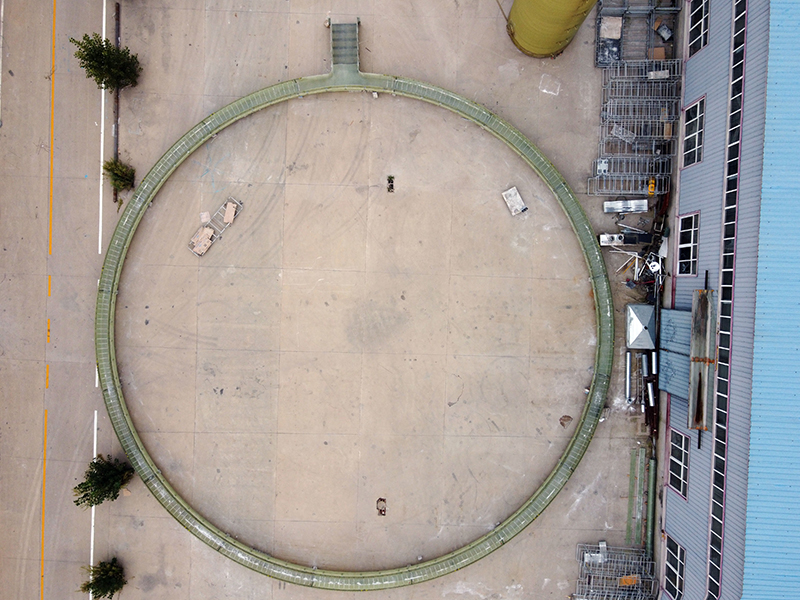
-
 Afrikaans
Afrikaans -
 Albanian
Albanian -
 Amharic
Amharic -
 Arabic
Arabic -
 Armenian
Armenian -
 Azerbaijani
Azerbaijani -
 Basque
Basque -
 Belarusian
Belarusian -
 Bengali
Bengali -
 Bosnian
Bosnian -
 Bulgarian
Bulgarian -
 Catalan
Catalan -
 Cebuano
Cebuano -
 China
China -
 China (Taiwan)
China (Taiwan) -
 Corsican
Corsican -
 Croatian
Croatian -
 Czech
Czech -
 Danish
Danish -
 Dutch
Dutch -
 English
English -
 Esperanto
Esperanto -
 Estonian
Estonian -
 Finnish
Finnish -
 French
French -
 Frisian
Frisian -
 Galician
Galician -
 Georgian
Georgian -
 German
German -
 Greek
Greek -
 Gujarati
Gujarati -
 Haitian Creole
Haitian Creole -
 hausa
hausa -
 hawaiian
hawaiian -
 Hebrew
Hebrew -
 Hindi
Hindi -
 Miao
Miao -
 Hungarian
Hungarian -
 Icelandic
Icelandic -
 igbo
igbo -
 Indonesian
Indonesian -
 irish
irish -
 Italian
Italian -
 Japanese
Japanese -
 Javanese
Javanese -
 Kannada
Kannada -
 kazakh
kazakh -
 Khmer
Khmer -
 Rwandese
Rwandese -
 Korean
Korean -
 Kurdish
Kurdish -
 Kyrgyz
Kyrgyz -
 Lao
Lao -
 Latin
Latin -
 Latvian
Latvian -
 Lithuanian
Lithuanian -
 Luxembourgish
Luxembourgish -
 Macedonian
Macedonian -
 Malgashi
Malgashi -
 Malay
Malay -
 Malayalam
Malayalam -
 Maltese
Maltese -
 Maori
Maori -
 Marathi
Marathi -
 Mongolian
Mongolian -
 Myanmar
Myanmar -
 Nepali
Nepali -
 Norwegian
Norwegian -
 Norwegian
Norwegian -
 Occitan
Occitan -
 Pashto
Pashto -
 Persian
Persian -
 Polish
Polish -
 Portuguese
Portuguese -
 Punjabi
Punjabi -
 Romanian
Romanian -
 Russian
Russian -
 Samoan
Samoan -
 Scottish Gaelic
Scottish Gaelic -
 Serbian
Serbian -
 Sesotho
Sesotho -
 Shona
Shona -
 Sindhi
Sindhi -
 Sinhala
Sinhala -
 Slovak
Slovak -
 Slovenian
Slovenian -
 Somali
Somali -
 Spanish
Spanish -
 Sundanese
Sundanese -
 Swahili
Swahili -
 Swedish
Swedish -
 Tagalog
Tagalog -
 Tajik
Tajik -
 Tamil
Tamil -
 Tatar
Tatar -
 Telugu
Telugu -
 Thai
Thai -
 Turkish
Turkish -
 Turkmen
Turkmen -
 Ukrainian
Ukrainian -
 Urdu
Urdu -
 Uighur
Uighur -
 Uzbek
Uzbek -
 Vietnamese
Vietnamese -
 Welsh
Welsh -
 Bantu
Bantu -
 Yiddish
Yiddish -
 Yoruba
Yoruba -
 Zulu
Zulu
high-pressure fiberglass piping system
High-Pressure Fiberglass Piping Systems Advantages and Applications
In the field of industrial piping, the choice of materials is critical to ensuring efficiency, safety, and longevity in operations. High-pressure fiberglass piping systems have gained popularity in numerous applications due to their remarkable properties, which offer substantial benefits over traditional materials like metal and concrete. This article delves into the advantages, applications, and considerations surrounding high-pressure fiberglass piping systems.
What is High-Pressure Fiberglass Piping?
High-pressure fiberglass piping systems are composed of reinforced thermosetting resin that is reinforced with glass fibers. This composite material is engineered to withstand high-pressure environments while maintaining a lightweight structure. The resin used in these pipes is often highly resistant to corrosion and chemical degradation, making it ideal for transporting various fluids and gases in harsh conditions.
Advantages of High-Pressure Fiberglass Piping Systems
1. Corrosion Resistance One of the most significant advantages of fiberglass piping is its exceptional resistance to corrosion. Unlike metal pipes, fiberglass does not rust or corrode when exposed to aggressive chemicals, making it a reliable choice for industries dealing with corrosive fluids.
2. Lightweight and Durable Fiberglass piping is significantly lighter than its metal counterparts, which facilitates easier handling and installation. Despite its lightweight nature, fiberglass provides a high strength-to-weight ratio, allowing it to perform under high pressures without compromising integrity.
3. Lower Installation Costs The lightweight characteristic not only eases handling but also reduces labor and transportation costs. Additionally, fiberglass piping often requires fewer supports and brackets compared to heavier materials, leading to further cost savings during installation.
4. Thermal Insulation Properties Fiberglass has excellent thermal insulation properties, helping maintain the temperature of the materials being transported. This feature is particularly beneficial in applications where temperature control is essential.
high-pressure fiberglass piping system

5. Long Service Life High-pressure fiberglass piping systems are designed to last longer than traditional materials, reducing the need for frequent replacements. This longevity results in lower lifecycle costs and decreased downtime for maintenance.
Applications of High-Pressure Fiberglass Piping Systems
High-pressure fiberglass piping systems are utilized across various industries, including
- Chemical Processing Many chemical plants rely on fiberglass piping to transport corrosive substances safely, thanks to its chemical resistance. - Water and Wastewater Treatment The durability and resistance to algae growth make fiberglass an ideal choice for piping in freshwater and wastewater treatment facilities. - Oil and Gas In the energy sector, fiberglass pipes are increasingly used for transporting oil, gas, and produced water, particularly in offshore drilling operations. - Power Generation Used in both renewable and non-renewable energy sectors, fiberglass piping is effective for coolant and condensate transport in power plants. - Marine Applications The lightweight and corrosion-resistant nature of fiberglass makes it suitable for a variety of marine applications, including shipbuilding and offshore installations.
Considerations and Challenges
While high-pressure fiberglass piping systems offer numerous benefits, there are some considerations to keep in mind. For instance, the initial capital investment can be higher than traditional materials. Furthermore, specialized training may be required for proper installation and maintenance, as improper handling can compromise the integrity of the pipes.
It is also essential to consider the compatibility of the fiberglass resin with the fluids being transported. An assessment of the chemical nature of the fluids will determine the appropriate resin formulation.
Conclusion
High-pressure fiberglass piping systems represent a significant advancement in the field of industrial piping. With their numerous advantages, including corrosion resistance, lightweight construction, and durability, these systems are becoming increasingly popular across various sectors. As industries seek more efficient and long-lasting solutions, fiberglass piping will likely continue to play a crucial role in modern infrastructure, ensuring safety and effectiveness in high-pressure applications.









